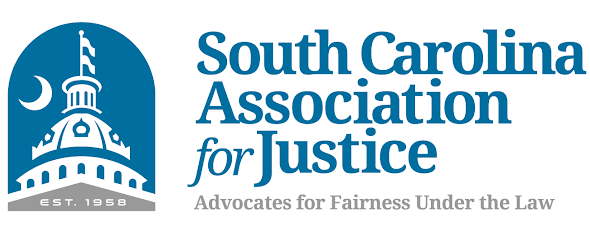When a loved one passes away the last thing you want to worry about is how their worldly belongings should be split up. In some cases, a recently passed loved one may not have a will, or has a will or trust, but did not successfully fund all the assets within the trust which leaves their wishes subject to what is known as Probate. If a loved one does not have a will then state law dictates how assets will be distributed.
If a loved one does have a last will and testament then their wishes ideally will be clearly outlined in regards to what assets will be passed to which friend, family member, or other beneficiary. However, if instructions are not clear within their last will then disputes may arise. Disputes of a passed loved one’s will are no small undertaking and enlisting the help of a Probate Litigation Attorney helps individuals navigate the litigation process to secure the best results.
What is Probate Litigation?
In layman’s terms, Probate Litigation is the court process that individuals use to address a dispute with a passed loved one’s will or trust. Probate Litigation refers to the following legal proceedings:
- Contesting a will
- Seeking redress for a breach of fiduciary duty
- Securing property that was wrongfully taken
- Addressing incapacity or undue influence issues
When Should I Hire a Probate Litigation Attorney?
If you are questioning a loved one’s decisions concerning their will, or if you are an executor or trustee of a will and are being questioned, then you should consider consulting with a Probate Litigation Attorney. A Probate litigation Attorney helps handle all questions or disputes concerning a deceased loved one’s will or trust.
- Contesting a Will: Unfortunately, wills are sometimes altered under suspicious circumstances, perhaps after a sudden debilitating health episode such as a stroke, or to make an unnatural person a beneficiary, like a new caregiver. There is also the possibility of mistakes or omissions within the Will if it is older or unfinished. In any case of mistake or dispute of the will then legal court proceedings are required to resolve the issues found.
- Undue Influence: Undue Influence refers to a situation in which someone of power forces or coerces another person into making decisions they otherwise would not make. Often, undue Influence is argued in conjunction with Mental Incapacity, stating that the person was not of sound enough mind to make decisions and was unjustly persuaded to make a decision by another party. Undue Influence is the most common reason for contesting a will, with one or more heirs claiming the true wishes of the deceased loved one were overrun by another individual for said individuals personal gain. Challengers of the will then rely on the court to confirm the true wishes of the passed loved one.
- Mental Incapacity: Often seen as a part of an argument for Undue Influence, a Probate Litigation Attorney will challenge the validity of the will if a heir or beneficiary believes that the passed loved one lacked the mental capacity to make sound judgements about the division of their assets.
- Breach of Fiduciary Duties: The Fiduciaries of the will are the members of the family or other beneficiary who are (1) a Personal Representative who is appointed to fulfill the requirements of the will and (2) a trustee who is appointed to fulfill the requirements of a trust. If the executor or trustee are found to not be acting in accordance with the wishes of the passed loved one then probate litigation is used to seek suspension or removal of the breaching party, appointment of a new fiduciary member, and recovery of damages from the breaching party.







